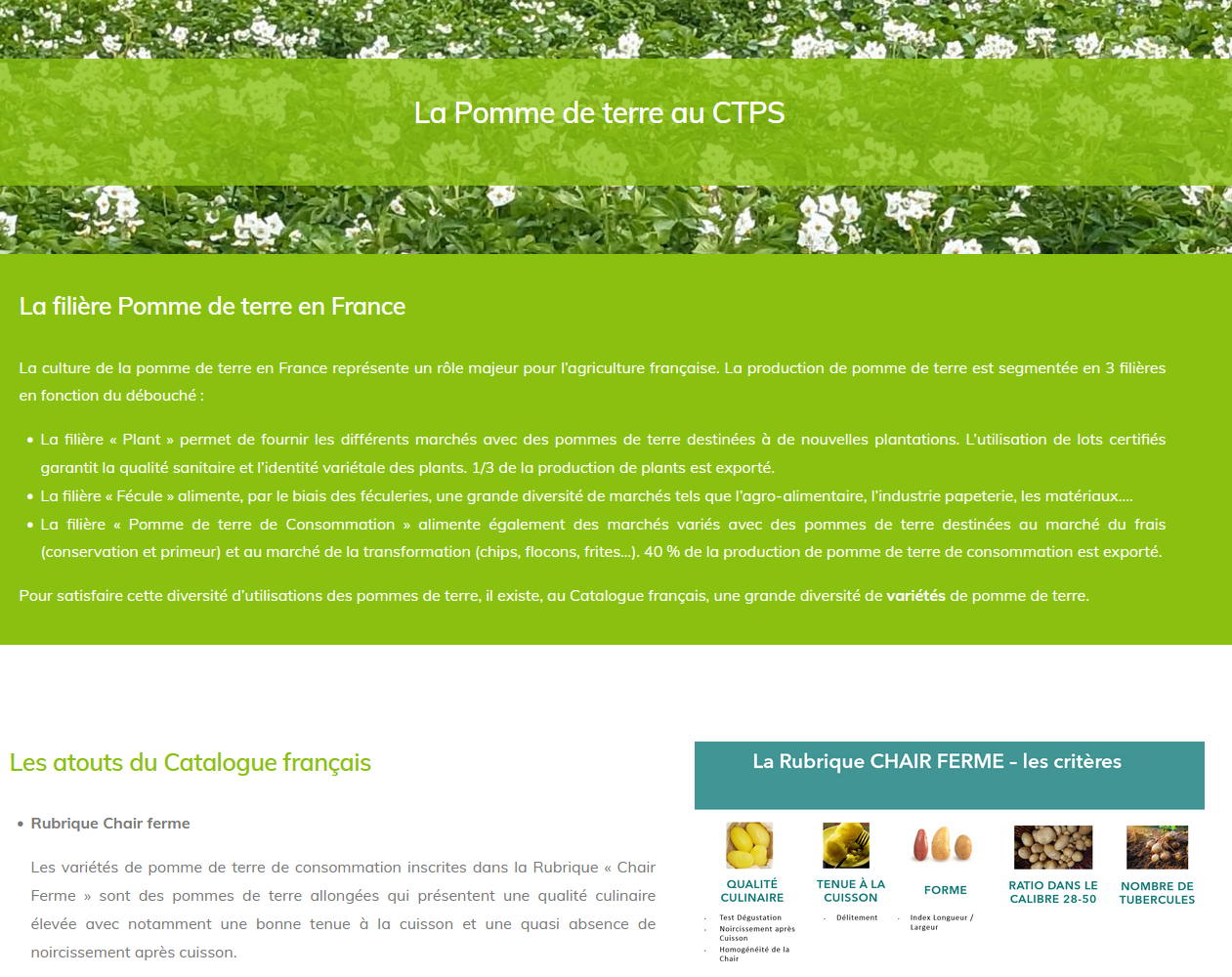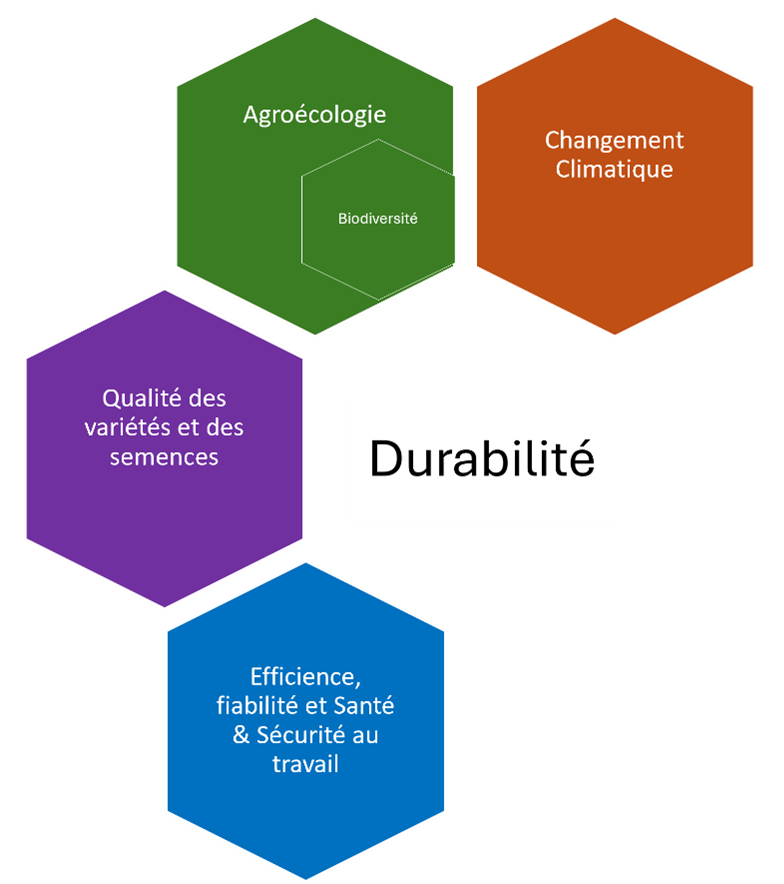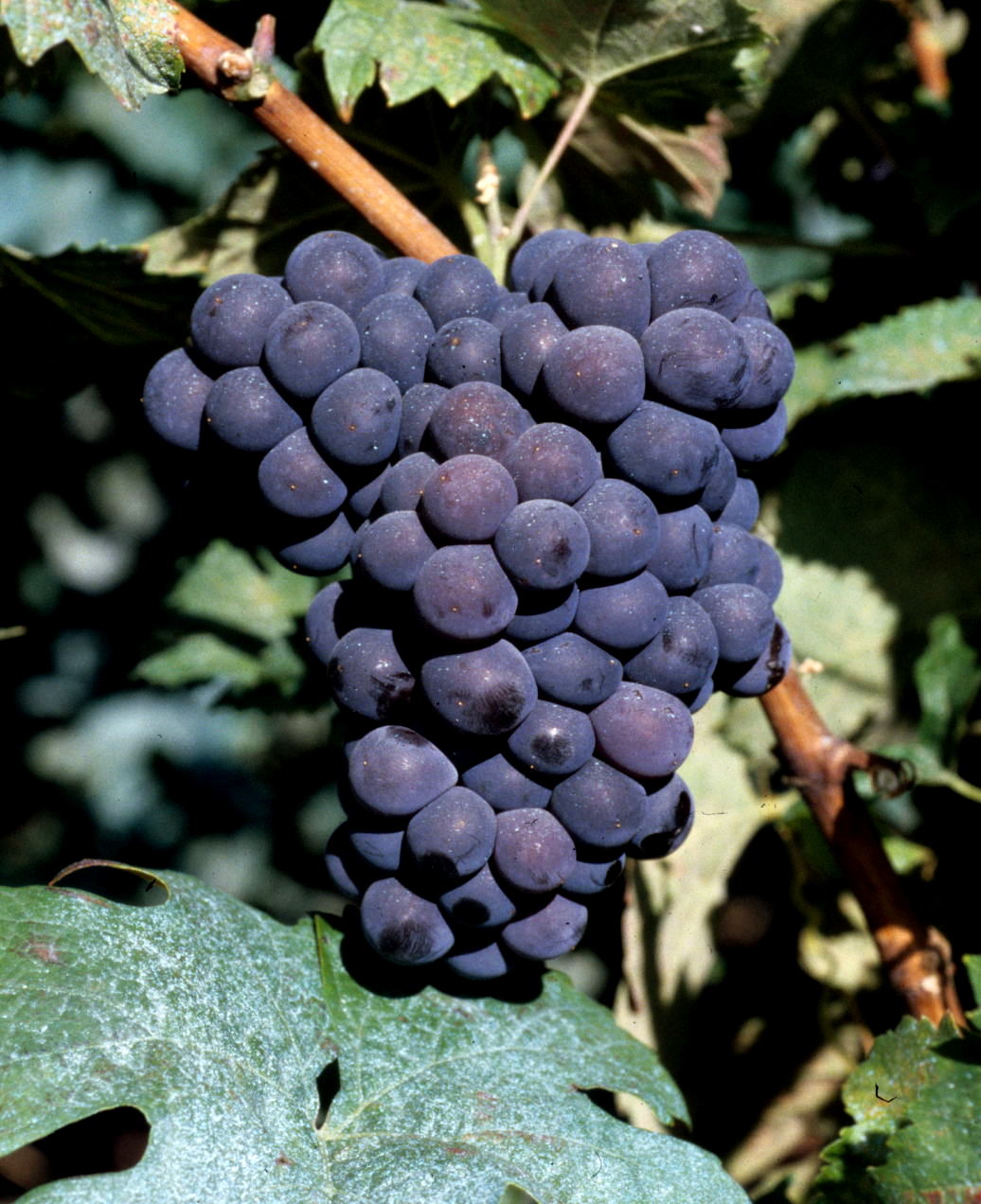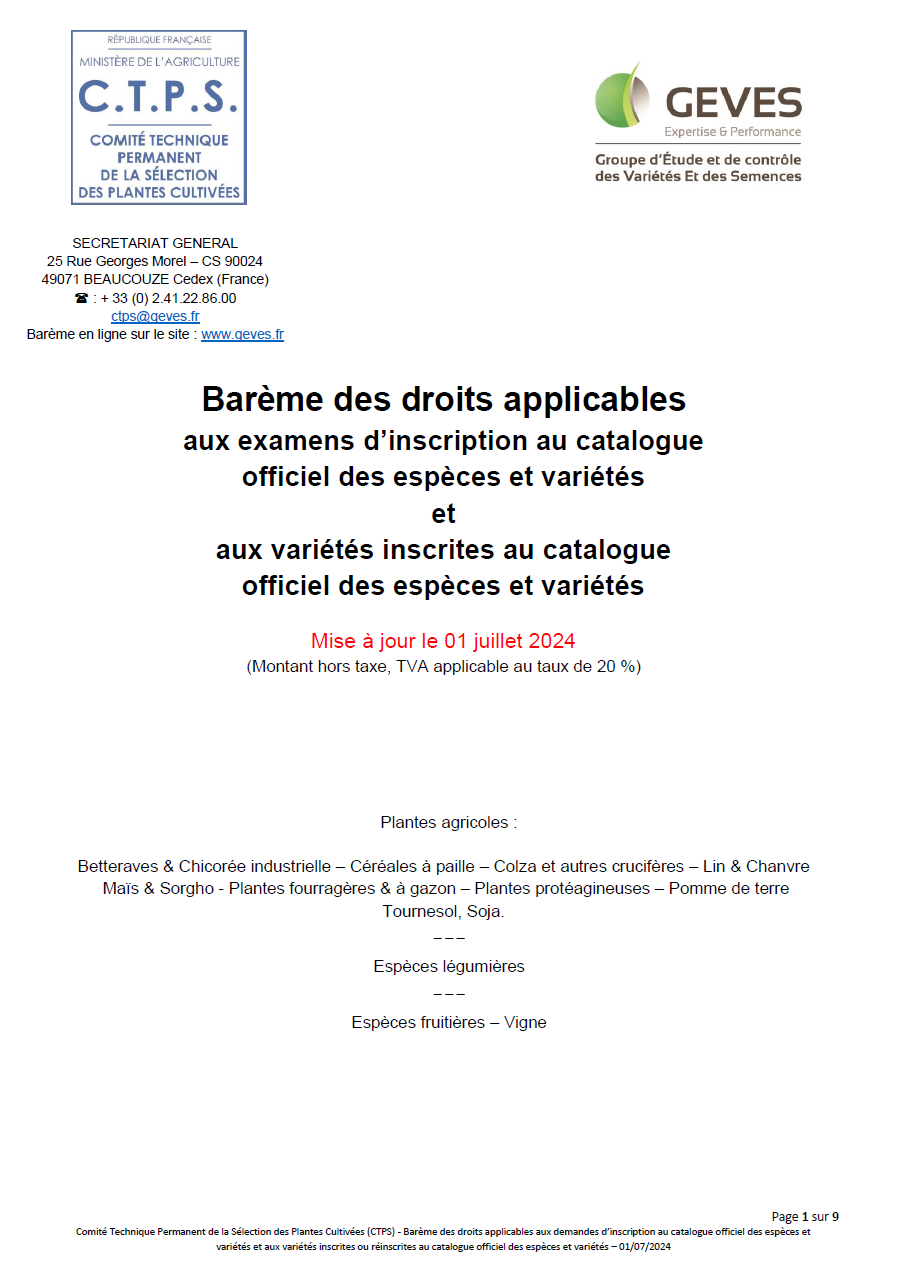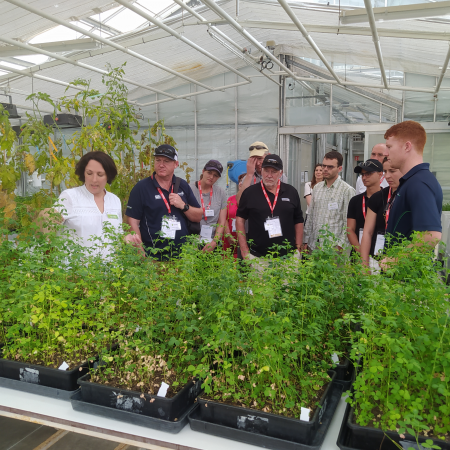
The International Herbage Seed Group visits GEVES
The congress International Herbage Seed Group (IHSG) congress took place in Angers on 11-18 June. It brought together 150 participants (scientists, breeders, research and technical institutes, seed multiplication farmers) from 14 different countries to discuss 4 major themes around forage and turf seed production: (i) adaptation to climate change, (ii) alternatives to pesticides, (iii) harvest and post-harvest optimisation and (iv) production competitiveness in the face of cost inflation.
The congress included conferences, poster sessions and technical visits, two of which were organised by GEVES:
- Around 30 international visitors were able to visit the GEVES-SNES laboratories: physical tests, including micro-cleaning, purity and counting tests and imaging; germination tests, in particular germination capacity, vigour and viability; and seed health, with explanations of variety resistance, health quality and the development of pathosystems to evaluate alternative treatments.
- At the same time, around 70 visitors visited the GEVES testing station at l’Anjouère, where a large number of field trials for Distinctness-Uniformity-Stability (DUS), Value for Cultivation, Use and Sustainability (VCUS) and Varietal Control (CV) testing are carried out. After a general presentation of GEVES, visitors were shown DUS and VCUS trials on forage plants. The visit finished with a tour of the experimental equipment.
Many thanks to all the visitors for their keen interest and our fruitful discussions during these visits.

